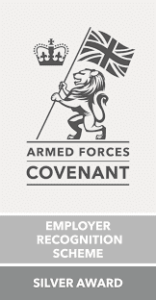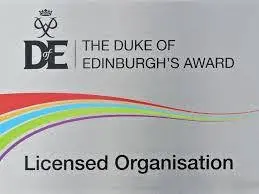Chemistry A Level
What does the course involve?
What you see when you burn magnesium or put some indicator into an acid are clues about what is going on at the molecular level. Chemistry is the study of reactions at molecular level. Chemists interpret what we see so that we can model what happens at the atomic and sub-atomic level. The skills you learn are transferable to many other situations as you learn to be organised, think logically and present ideas clearly. The practicals you’ll complete will cover a whole range of aspects. A Level Chemistry is essential for Medicine and many other related degree courses, and is a good subject to study alongside Biology, Physics, Maths and Psychology.
Course Outline
Six modules to study over 2 years:
Unit 1: Development of practical skills in Chemistry
Unit 2: Foundations in Chemistry
Unit 3: Periodic Table and Energy
Unit 4: Core Organic Chemistry
Unit 5: Physical Chemistry and Transition Elements
Unit 6: Organic Chemistry and Analysis
Course books are provided for all students in addition to a range of resources, including Kerboodle. This provides online support with interactive tutorials, maths skills boosters and revision podcasts.
Assessment
You will be assessed by a variety of methods during the course. There will be regular class tests, homework, practical activities and research tasks.
Coursework
No coursework. A practical endorsement is reported separately if you complete the core experiments.
Examination
3 written exams at the end of the second year.
Exam Board
OCR
Get In Touch To Learn More
This Chemistry A Level course is just one of many exciting options available. To see the full range, explore our A Level courses. Learn more about life at our Sixth Form College in Birmingham, and don’t hesitate to get in touch if you have any questions.
A minimum of five GCSEs at grade 4 and above, including Maths at grade 6 and above, English at grade 5 and above, and at least two grade 6s in Science.
Chemistry is a versatile subject that develops many important skills which are valued and recognised by both potential employers and universities. If you are interested in studying any medical based subject, for example, Medicine, Dentistry, Pharmacy or Veterinary Science, a good grade in A Level Chemistry is a compulsory requirement. Chemistry graduates are highly sought after in a wide range of careers.












